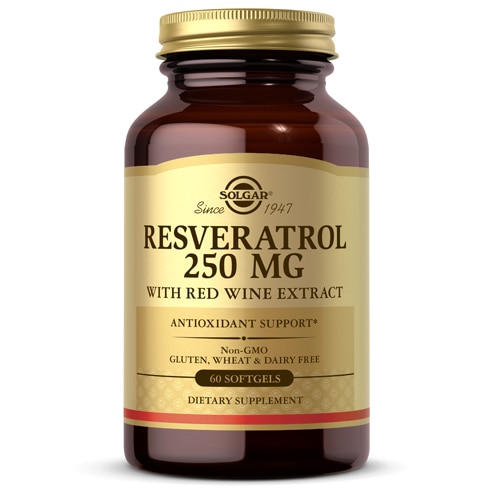Give a toast to growing evidence that cozying up with a glass of red wine might do more than please your palate.
In a study published in August 2019 in the journal Gastroenterology, researchers from King’s College London found that people who drank red wine saw increased diversity of gut microbiota — a sign of gut health — compared with people who didn’t drink red wine. In addition, consumption of red wine was associated with lower levels of obesity and “bad” cholesterol.
The benefits of red wine
The researchers looked at the effects of red wine, white wine, beer, cider and spirits on the gut microbiome and overall health of nearly 3,000 people in three countries.
Why the difference between red wine and all of the other types of alcohol? Researchers primarily credit the presence of polyphenols in red wine.
According to UT Southwestern Medical Center, naturally occurring polyphenols are found mostly in fruits, vegetables, cereals, dry legumes, chocolate, spices and some beverages (including red wine). They provide antioxidant properties that might help prevent or delay certain types of cell damage.
The type of polyphenol in red wine and dark grape juice is called resveratrol; it’s present in the skin and seeds of grapes. UT Southwestern Medical Center says resveratrol reduces inflammation, stimulates the production of the important nitric oxide molecule and eases blood flow. When consumed in moderation (one 5-ounce glass a day for women and two 5-ounce glasses per day for men), red wine can contribute to heart health, according to the medical center. It’s even a facet of the heart-healthy Mediterranean diet.
“Although we observed an association between red wine consumption and the gut microbiota diversity, drinking red wine rarely, such as once every two weeks, seems to be enough to observe an effect,” Caroline Le Roy, co-author of the King’s College study, says in a news release. “If you must choose one alcoholic drink today, red wine is the one to pick, as it seems to potentially exert a beneficial effect on you and your gut microbes, which in turn may also help weight and risk of heart disease. However, it is still advised to consume alcohol with moderation.”
An article published in 2018 by Harvard Medical School rains on the red-wine parade, though. In the article, Dr. Kenneth Mukamal, an internist at Harvard-affiliated Beth Israel Deaconess Medical Center, says the evidence that drinking red wine can help prevent heart disease is weak.
“All of the research showing that people who drink moderate amounts of alcohol have lower rates of heart disease is observational. Such studies can’t prove cause and effect, only associations,” the Harvard article says.
Additional health benefits of wine
Red wine — or, more specifically, the resveratrol in red wine — may supply other health benefits, however.
For instance, research published in 2014 in the Journal of Agricultural and Food Chemistry suggests that red wine could help prevent cavities by eliminating oral bacteria.
Five years later, a study appearing in the journal Neuropharmacology indicated that the resveratrol in red wine could ease stress.
“Resveratrol may be an effective alternative to drugs for treating patients suffering from depression and anxiety disorders,” Dr. Ying Xu, co-author of the stress study and a research associate professor at the University of Buffalo, says in a news release.†
How to drink red wine
Nutritionist Lisa Richards, author of “The Candida Diet,” advises that if you do decide to savor red wine in order to reap potential health benefits, it’s wise to consider the sugar and carb counts.
“Wine can be especially high in sugar, which can essentially negate the potential benefits that one would receive from drinking it,” Richards says. “Therefore, it is important to pay attention to the amount of sugar in a serving of red wine and opt for the lower-sugar versions. Fortunately, red wine is typically a low-sugar wine, with less than 1 gram per 5 fluid ounces, on average.”
If you’re not a fan of red wine, there’s still some good news. The Mayo Clinic says simply eating grapes or drinking grape juice might produce the same positive effects of resveratrol as sipping red wine does. Other foods contain resveratrol as well, including peanuts, blueberries and cranberries.
“It’s not yet known how beneficial eating grapes or other foods might be compared with drinking red wine when it comes to promoting heart health. The amount of resveratrol in food and red wine can vary widely,” the Mayo Clinic says.
†These statements have not been approved by the Food and Drug Administration. These products are not intended to diagnose, treat, cure or prevent disease.




